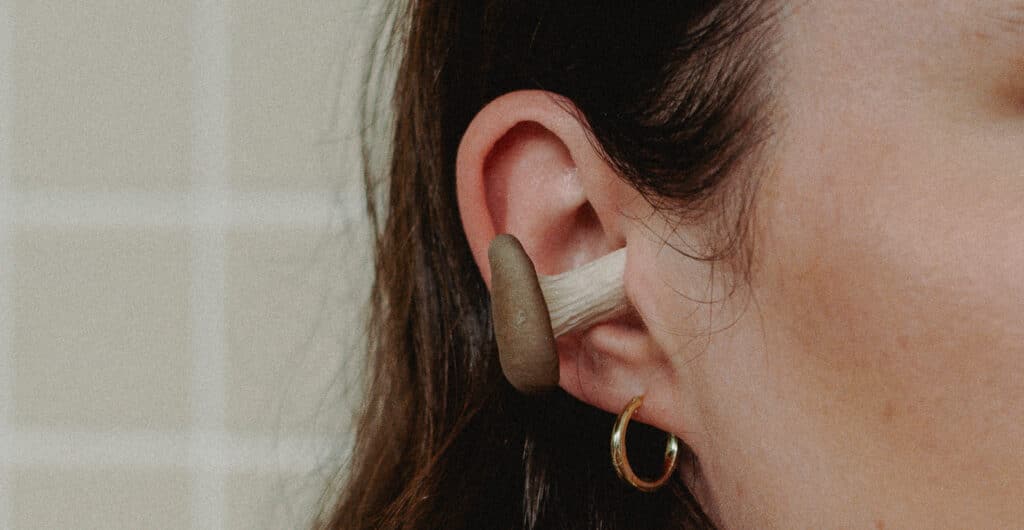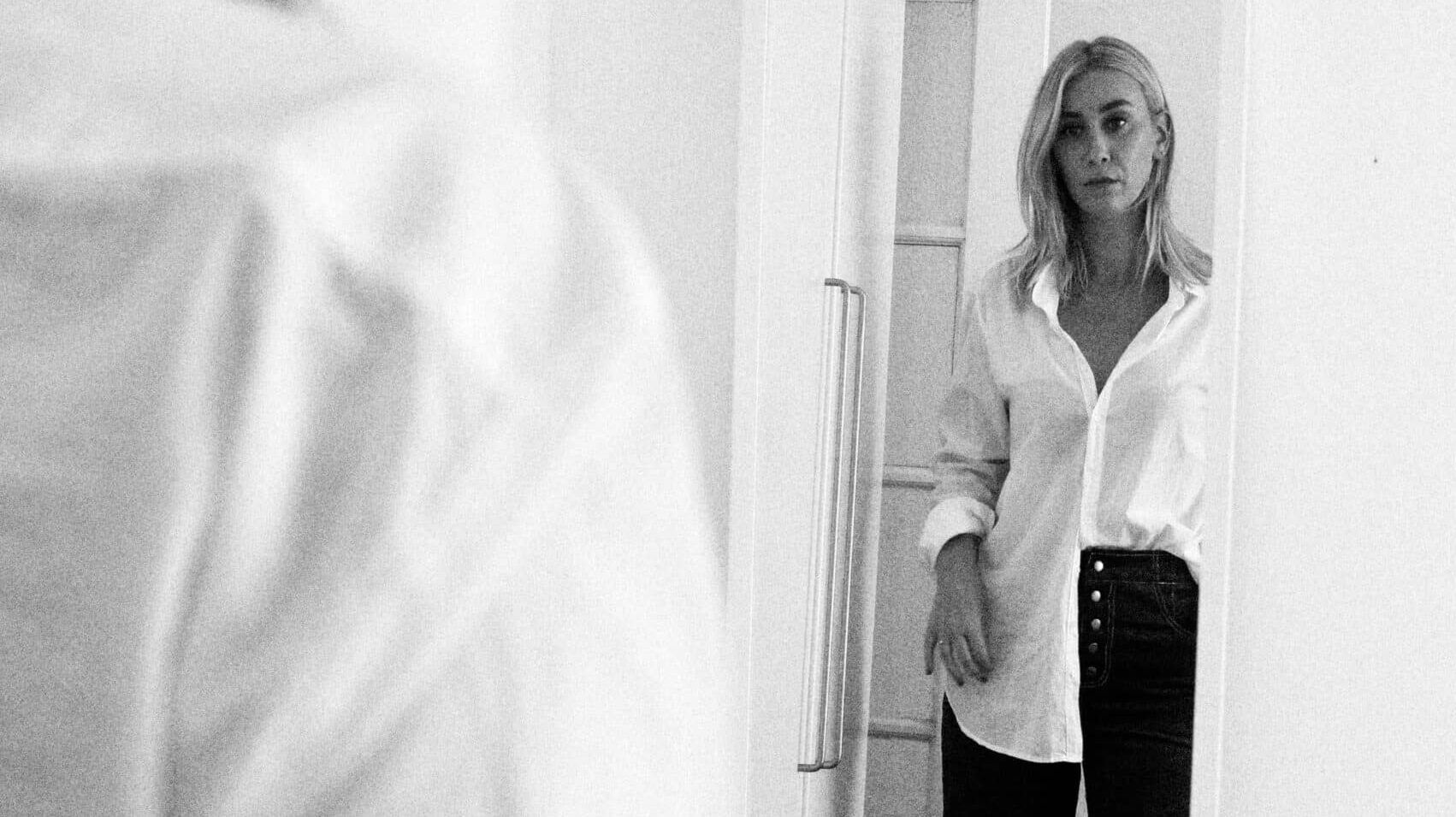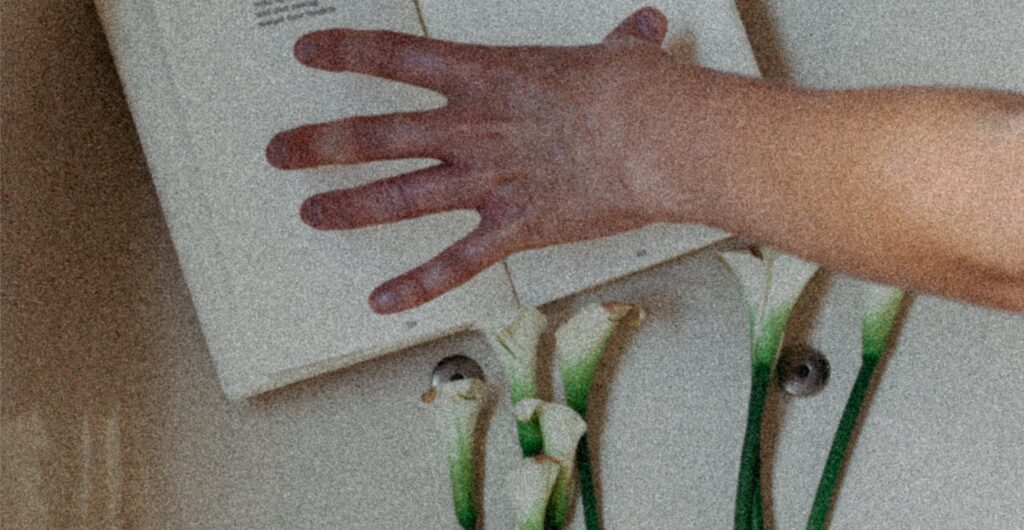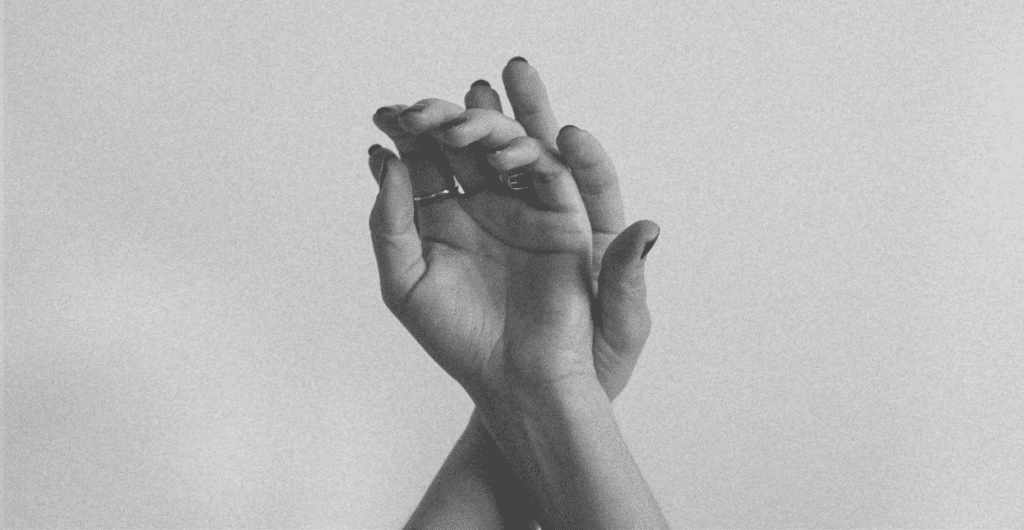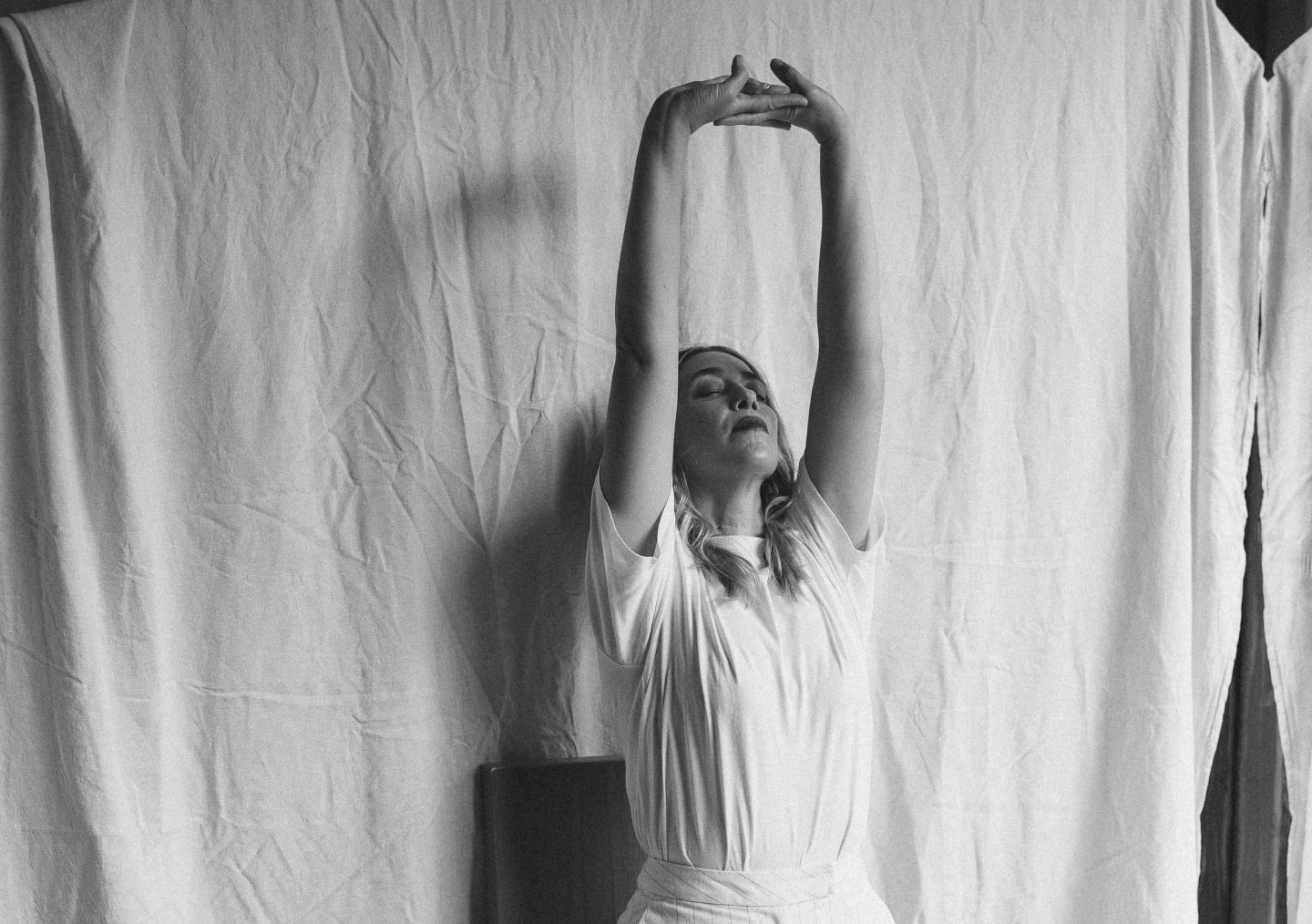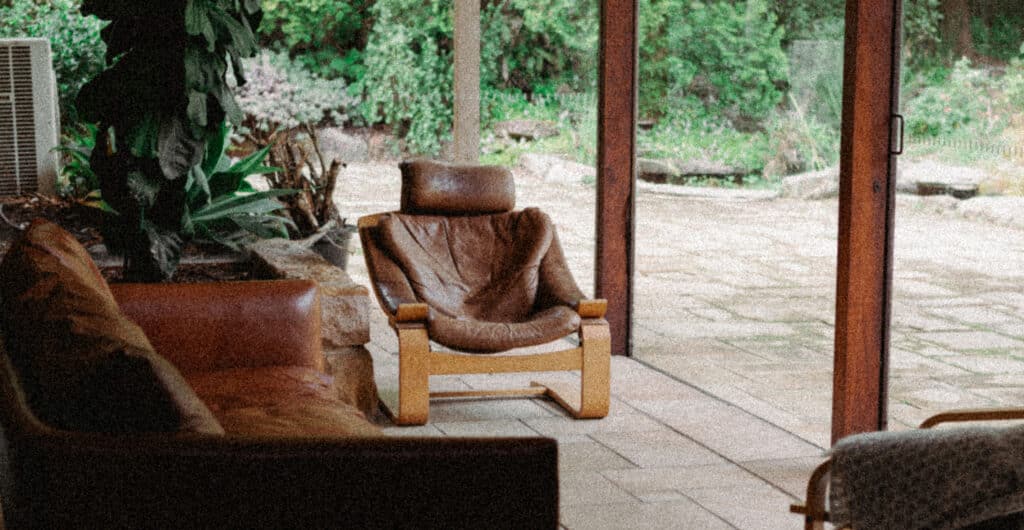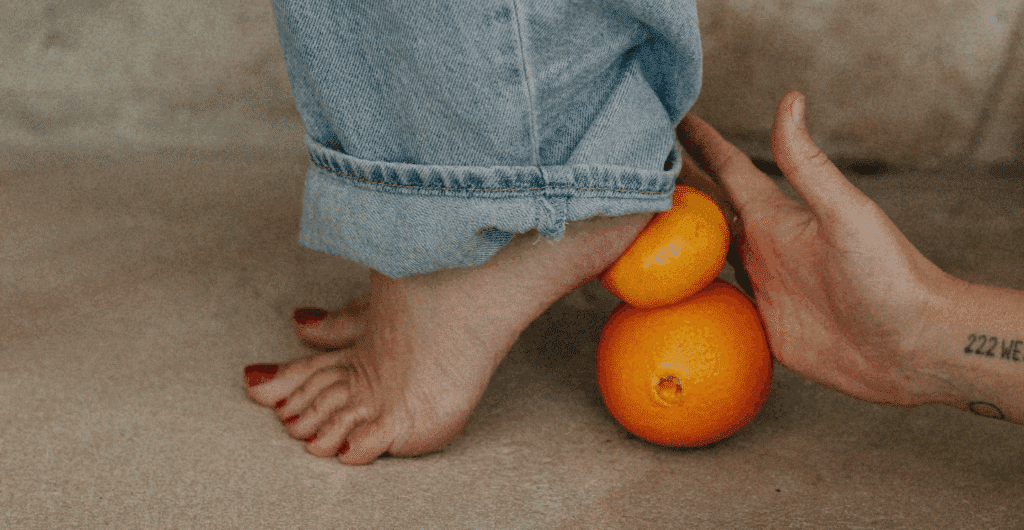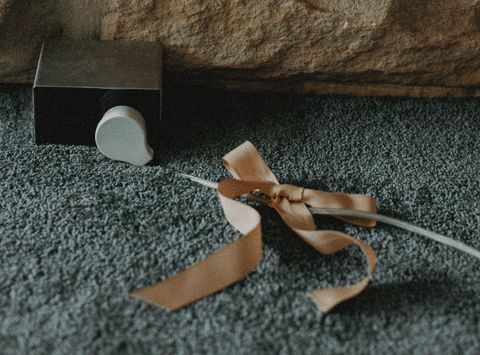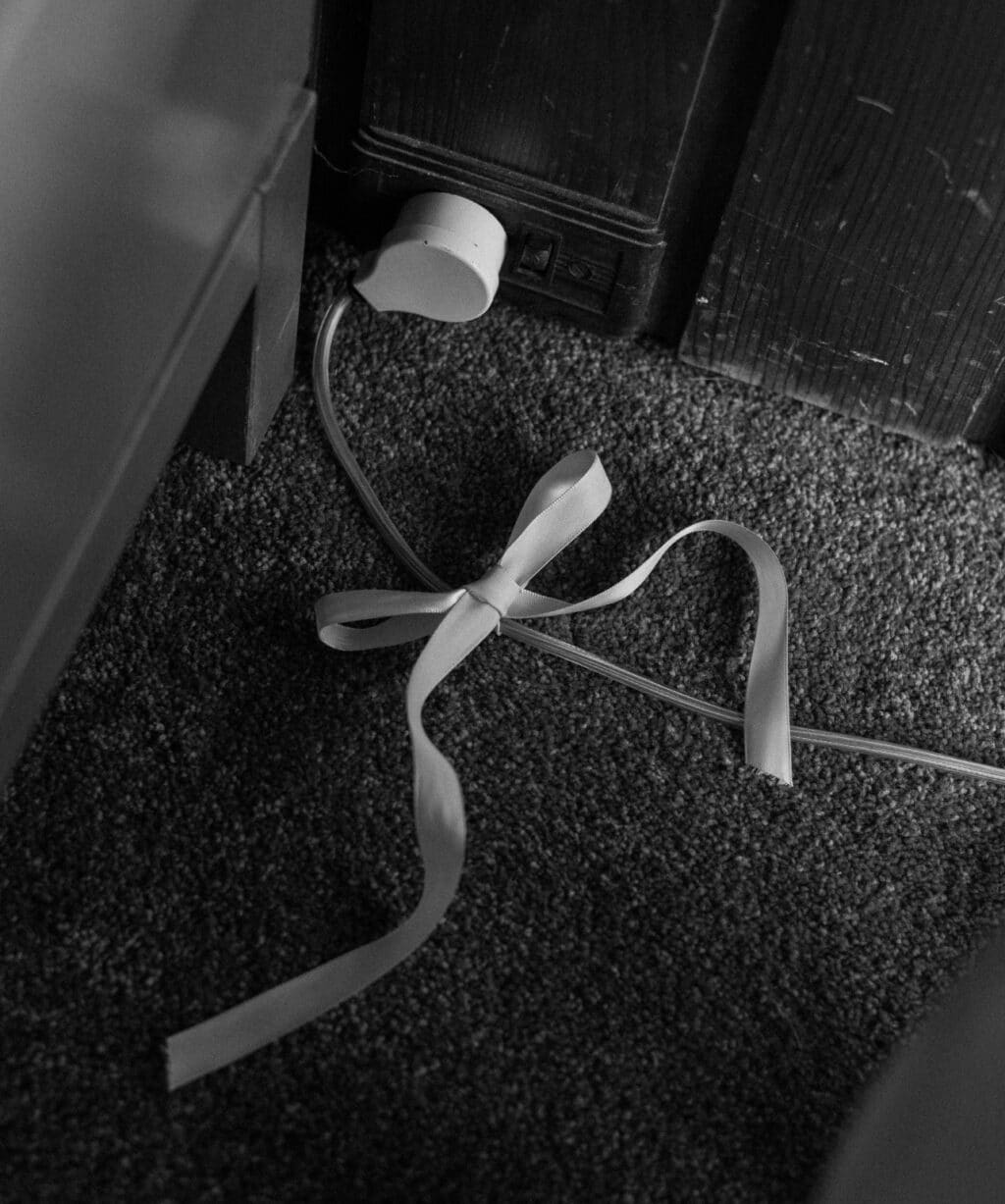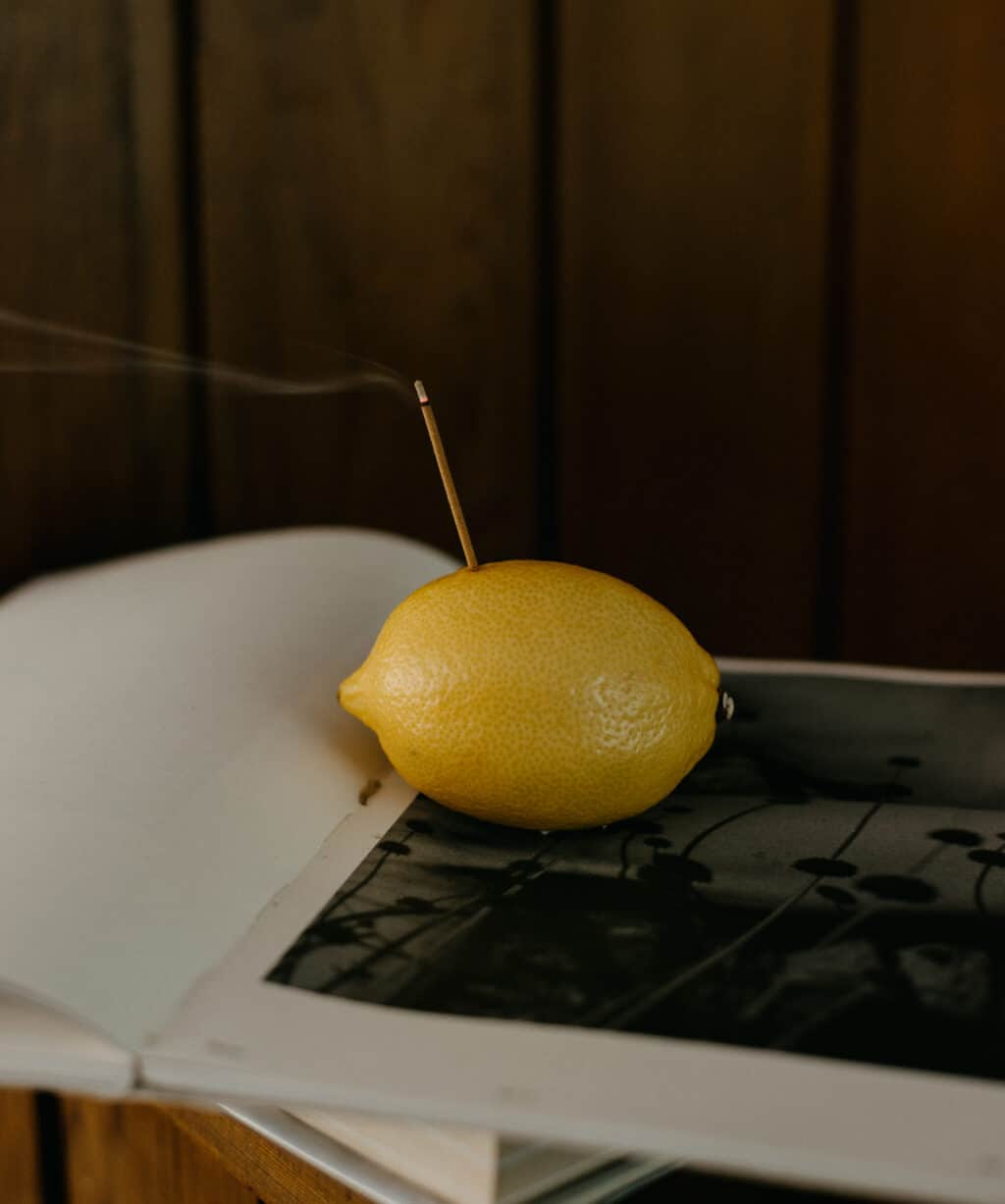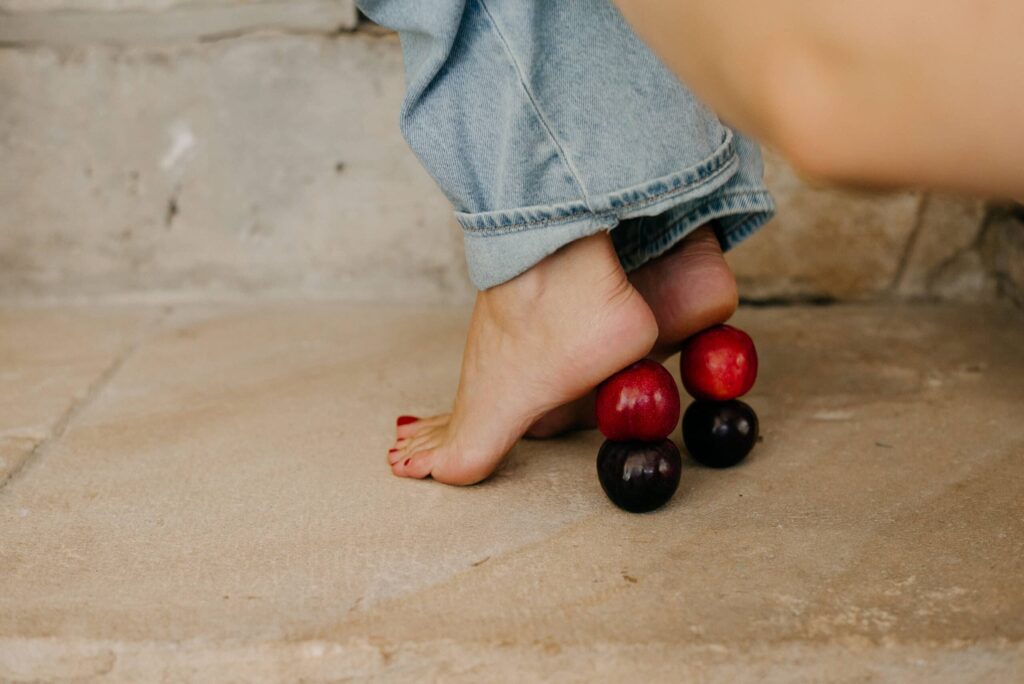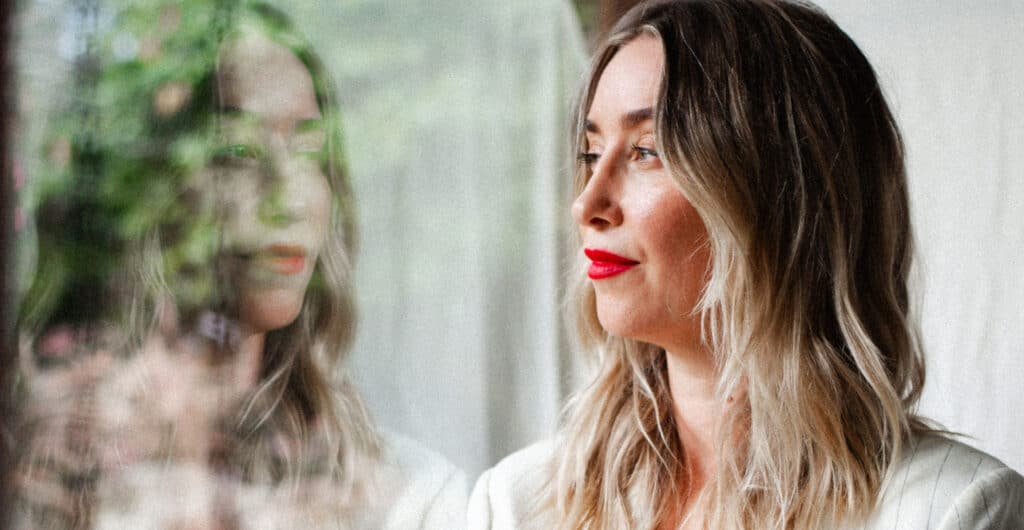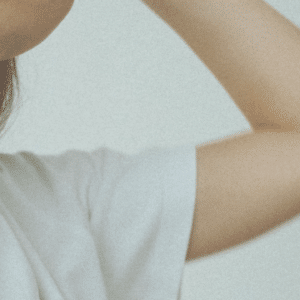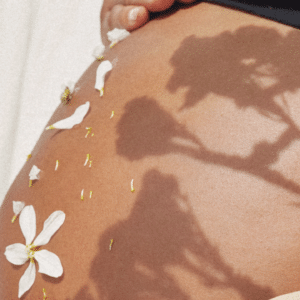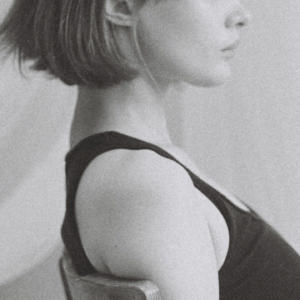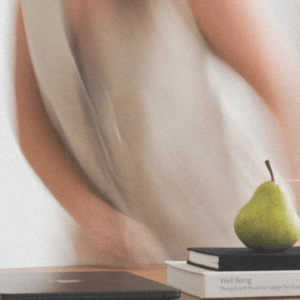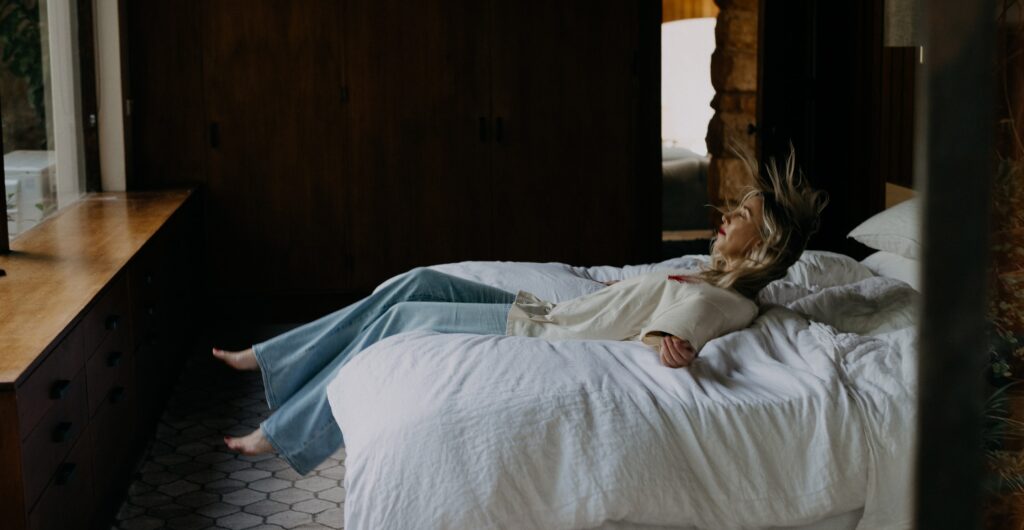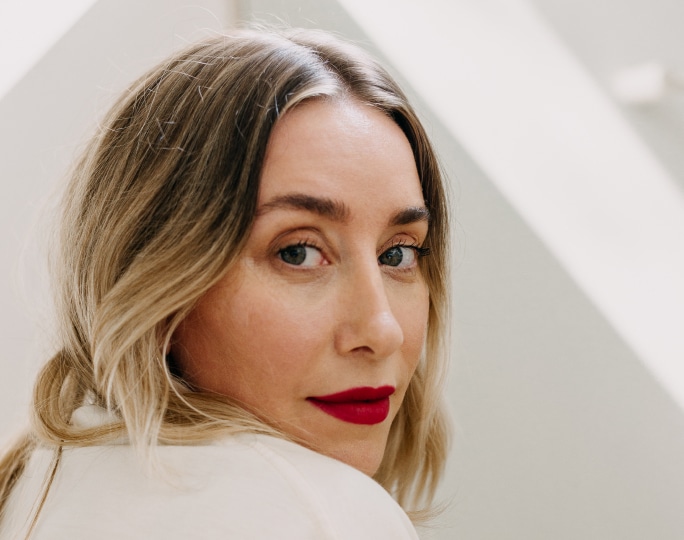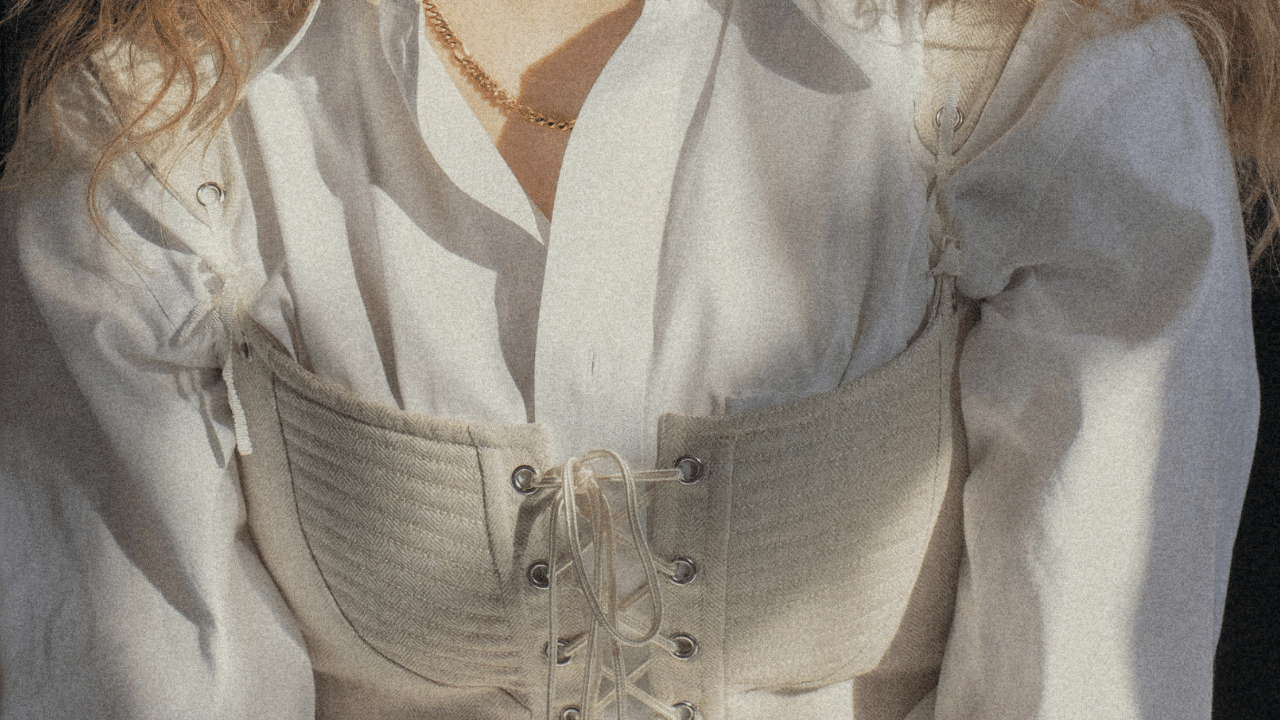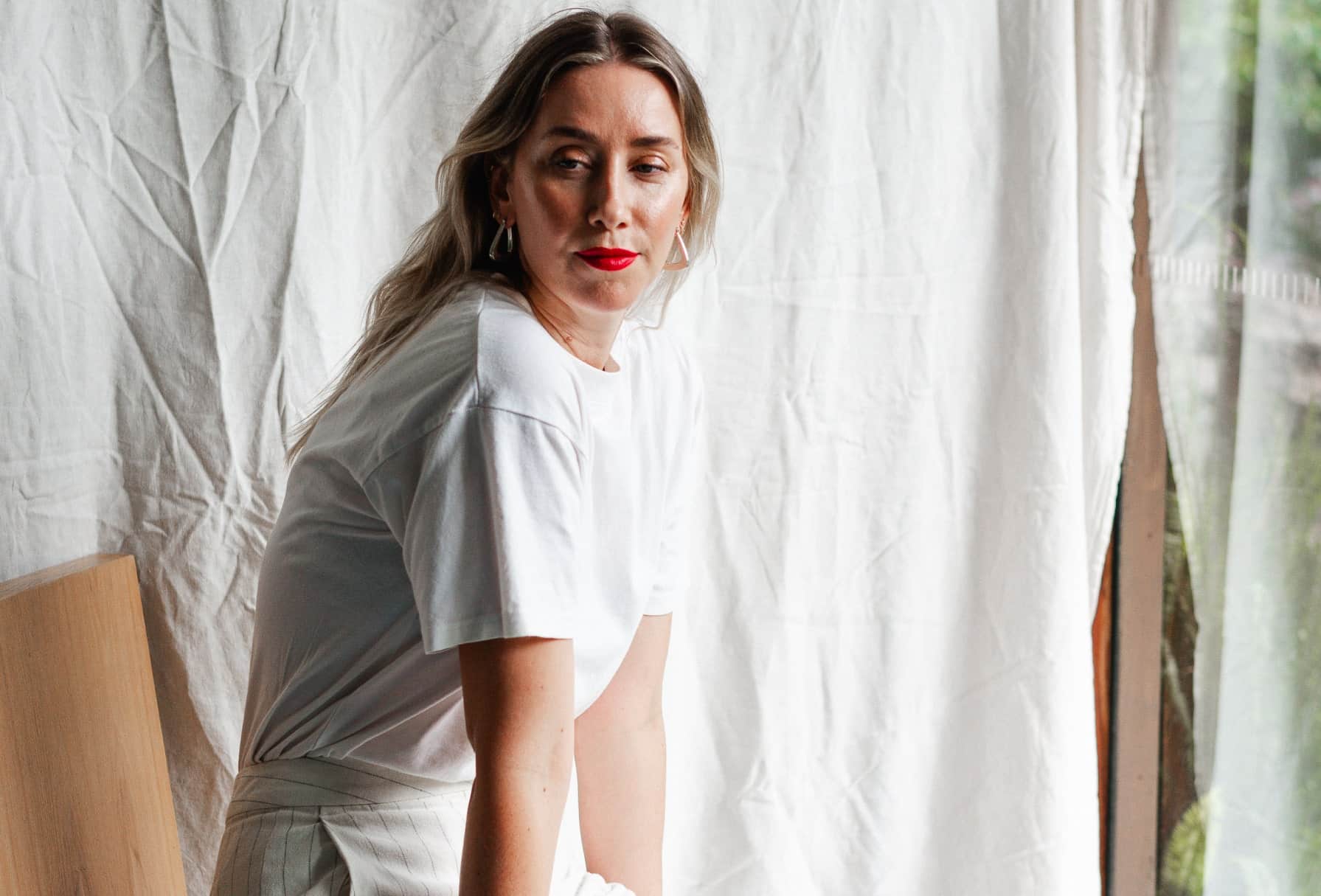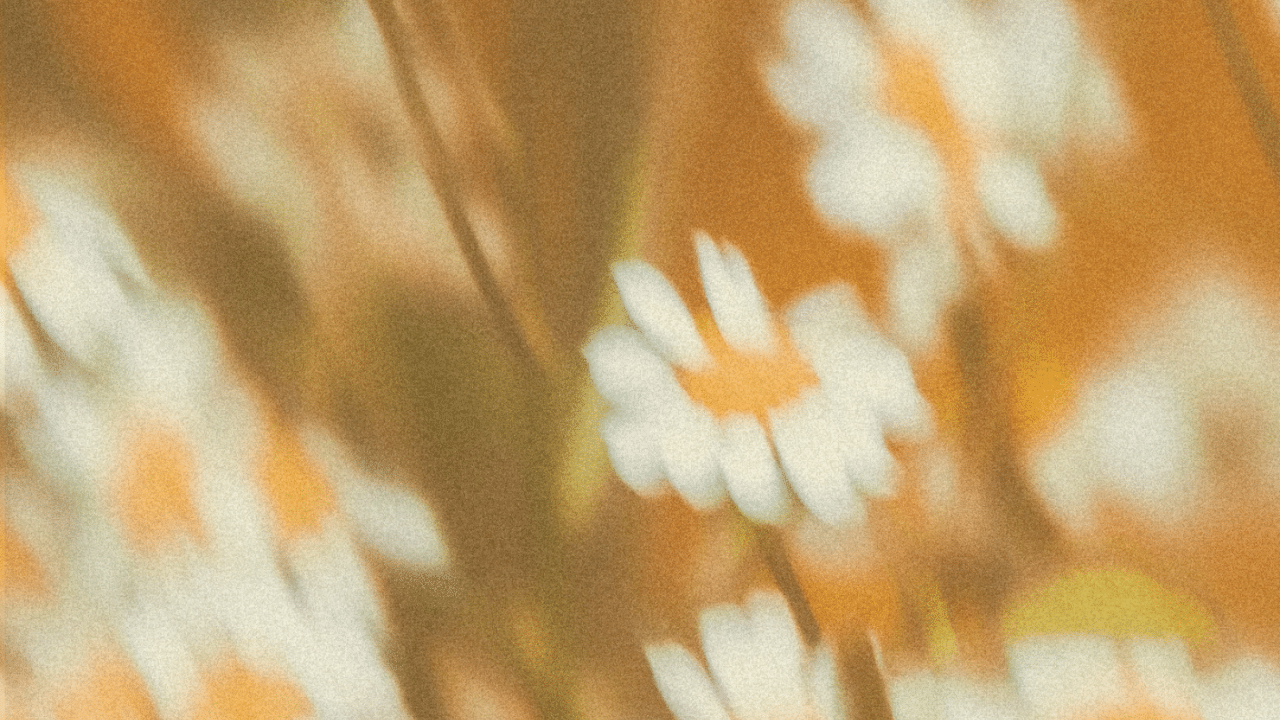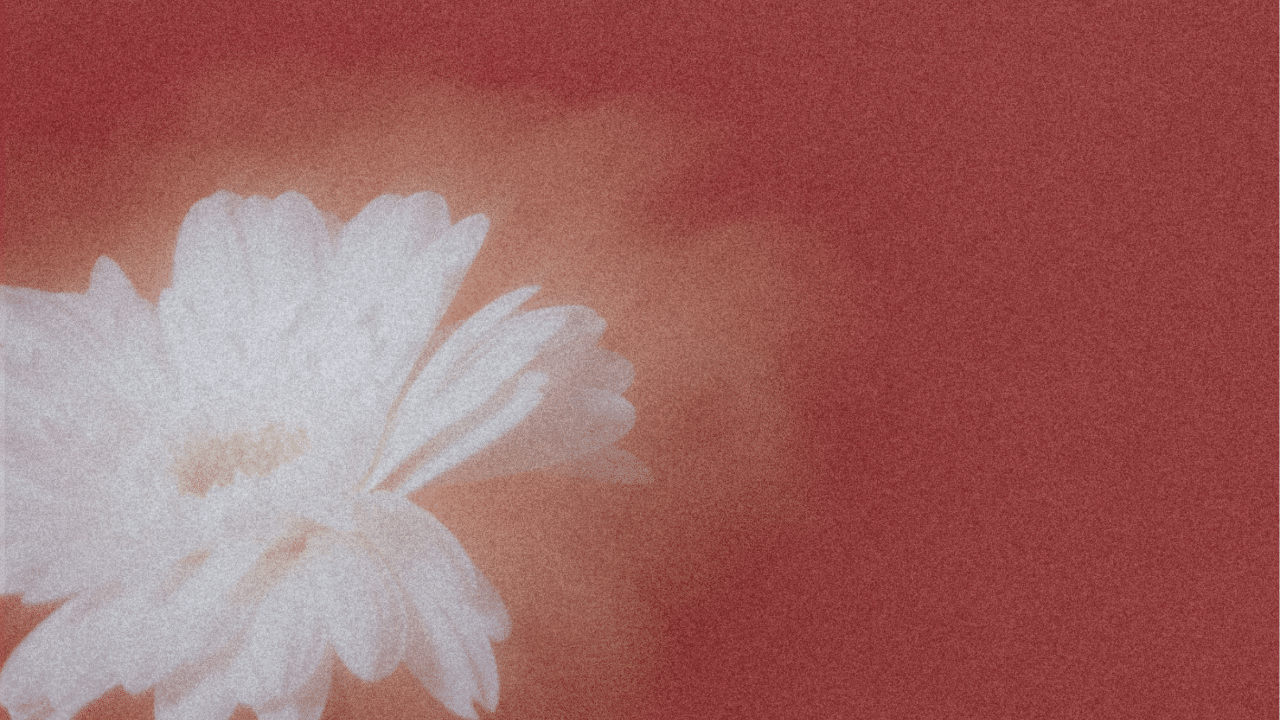I’ve had the pleasure of coaching and teaching journaling to hundreds of people. I hold certifications as a life coach, a post graduate diploma in psychotherapy and I’m an accredited mindfulness facilitator and a Yoga teacher, but my true expertise lies in understanding myself — just as yours lies in understanding yourself.
You know what’s best for you and this is what makes journaling such a powerful self healing tool. And the best part? It’s free.
When my mum passed away, my grief was largely swept under the rug. Though I can’t recall being told to suppress it, I assume I observed my environment and decided it was the best option at the time. I don’t remember seeing anyone cry about it or crying much myself. Well, except for one occasion that I unfortunately can’t forget.
I was around eight or nine and had to deliver a speech in class. The subject of my mum came up and I cried in front of the entire class. I can still feel that shame and embarrassment in my body as I type this. It became another proof point my mind clung to, reinforcing the belief that keeping my grief inside was the best course of action.
how I got into journaling.
In my early twenties I was living in London and somehow (divine intervention perhaps) I ended up reading Motherless Daughters by Hope Edelman and it was like unlocking floodgates within me. Something stirred deep inside. I remember one day the grief was so present, I could physically feel it sitting on my chest. Due to the difference in timezones, my usual support network weren’t available and I also couldn’t reach my boyfriend at work.
What I could and did reach for, though, was the promotional journal his work had given home a few days before. It wasn’t like the lush journals many of us write in now. It was red and had some building logo on it — I still have it now. I picked it up that day and began writing. Within just a couple of pages, I felt the heavy weight lift from my chest. After a hot bath, I found myself able to breathe again.
I had never realised the peace I could experience in a journal. It felt empowering to realise there was something I could use not to distract myself, but to assist me in moving through challenging times and emotions. I’d officially entered my journaling era and have since gone on to build an entire business dedicated to it.
On the surface, journaling is a simple practice, but if you look under the hood you’ll bump into complexity — the good kind. It’s easy to think that all we are doing is sitting down with ourselves and writing. Whether it’s mind dumping and getting everything out onto the page, or answering journal prompts with an intention in mind, journaling can seem like this light and fluffy practice.
Where the complexity comes in is what’s actually taking place before the words hit the page, and that’s the stirring of our otherwise dormant subconscious self.
When we journal, we get this unique opportunity to tap into these inner workings of us — the parts of us we are yet to meet or explore. And this is required because there’s some things we can’t heal or evolve beyond with what we have conscious access to; we need new information, new perspectives and oftentimes inspiration for a new path forward.
This is what the act and art of journaling does — it shifts and stirs the information we need, moving it from the unconscious mind to the preconscious, and then into our conscious awareness. So when we journal, we make the unconscious, conscious. It’s incredible and again, it is free.
This shifting and stirring could look like you writing something you didn’t expect, being presented with a memory you hadn’t recalled before or making contact with a new pathway forward. It could also look like my London my experience of getting big emotions out of your heart and onto the page where they seemingly become more manageable.
What we’re doing when we journal is tapping into the body’s innate intelligence and using it to connect the dots in the real world.
how to journal.
Start by taking a moment to regulate yourself. This could be meditating, sitting in stillness and observing your breath or doing some light stretches to soften. By taking a moment to relax and breathe deeply, our nervous system switches into rest and digest mode. Also called our parasympathetic, this mode relaxes our body but also oxygenates our thinking brain — our prefrontal cortex — which helps us think more clearly (i.e. the perfect mode for journaling).
Then, we make an agreement to ourselves to write without judgement or censoring ourselves. We do our best to forget the social conditioning that has taught us to suppress our true emotions and desires, and we get really honest with ourselves. Put more simply, we begin to control less and allow more.
You might like to start with mind dumping where you simply let it all out. Or, you might like to start with the date or an “I am feeling” statement and see what flows. You could even write what you are grateful for and see where that takes you.
If none of that feels true, then try the prompts below:
- In the last three months, what have I learned about myself?
- What am I choosing to let go of or take off my plate?
- If I trusted that everything was going to work in my favour — what would I do differently?
- What advice would someone I admire give me?
- What would the rest of the year look like if it all worked out?
- What is my definition of success?
hi, i’m daisy — offline’s resident journaling expert.
If you would like more support, you’re welcome to head to my website journl.co where you can find more prompts, shop my journals and explore my upcoming community journaling events. Find me on Instagram @journl.co.
